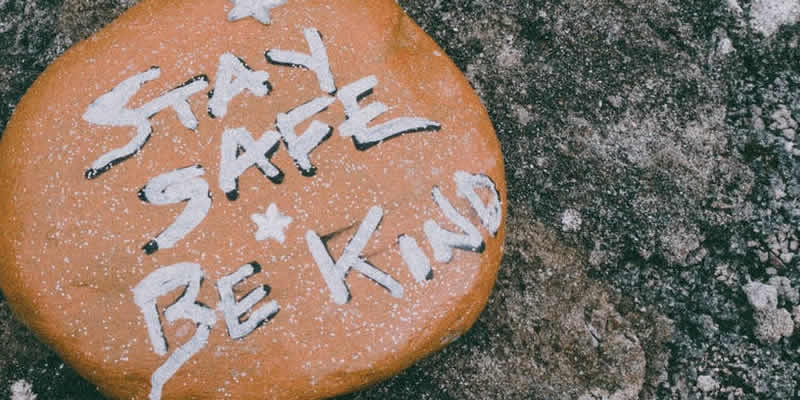The risk of catching COVID-19 could be greater among short people because of how the droplets fall, researchers have claimed.
A Singapore study has looked at how coronavirus travels from an infected person when they sneeze or cough.
They discovered that particles linger in the air before eventually falling slowly to the ground, which they say puts shorter people at greater risk because of the downwards trajectory that the particles travel in.
- Toilet users urged to close lid after flushing in case it spreads COVID-19
- How do I know if I have a cold, the flu or coronavirus?
The findings have prompted the research team to recommend that teenagers, women and anyone under the height of 5ft 5 keep should keep two metres away from other people.
Conducted by Singapore’s Agency of Science, Technology and Research, the researchers said: “Teenagers and short adults are advised to maintain a social distance greater than two metres from taller persons.
“Young children may be at greater risk compared to adults based on the typical downward cough trajectory.
“Surgical masks are known to be effective at trapping large droplets and therefore recommended for use as necessary.”
Using computer model animations they have been able to look at exactly how far COVID-19 particles and droplets travel and how it impacts people of different heights.
The simulation used an example of a person about 170cm (or 5.5ft) tall, chatting to someone who was 1.59m (160cm or 5.2ft).
In the community:
They found that most of the coughing droplets lands on the person who has coughed, but some can land on the other person which is why social distancing is so important.
The researchers added: “Contamination of his/her clothes or exposed skins may lead to the secondary transmission through face, mouth, or nose touching. This result highlights potential risk for shorter persons, including children, who are less than one metre away from a cough.”
The findings have been published in the journal Physics of Fluids.




